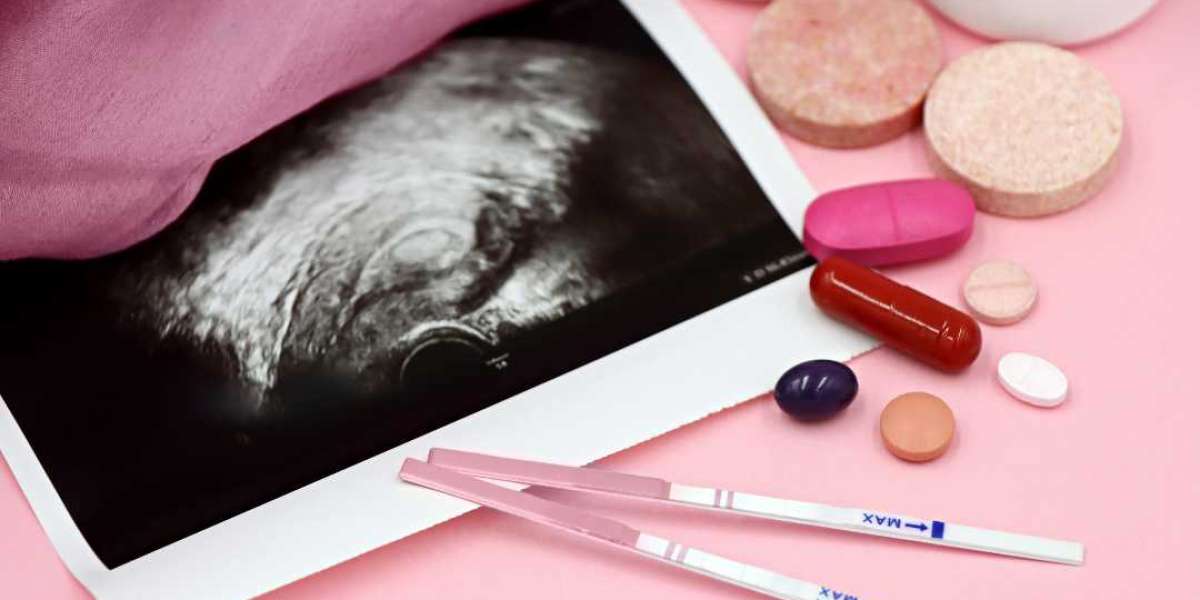Pulmonary Function Test Near Me: Your Guide to Lung Health
When it comes to breathing easy, knowing the status of your lung health is essential. Whether you’re dealing with asthma, chronic bronchitis, or shortness of breath, a pulmonary function test near me can provide the clarity you need. This guide will walk you through everything from what to expect during the test to how it can help diagnose potential respiratory issues.
What is a Pulmonary Function Test (PFT)?
A Pulmonary Function Test (PFT) is a non-invasive diagnostic procedure designed to assess how well your lungs are working. These tests measure your lung volume, capacity, flow rates, and gas exchange, which helps in identifying and monitoring lung disorders.
Why You Might Need a Pulmonary Function Test
Many health conditions prompt doctors to recommend a PFT. It’s commonly used to:
- Diagnose conditions like asthma, COPD, and pulmonary fibrosis
- Assess lung health before surgery
- Monitor the effectiveness of ongoing treatment
- Check for occupational-related lung conditions
Types of Pulmonary Function Tests
1. Spirometry
This is the most common type of PFT. You’ll be asked to breathe into a mouthpiece connected to a device that measures airflow. It helps in evaluating conditions that block airflow, such as asthma or COPD.
2. Lung Volume Measurement
This test determines the volume of air in the lungs after a full inhale and full exhale. It’s useful for detecting restrictive lung diseases.
3. Diffusion Capacity Test
This measures how well oxygen passes from the lungs to your bloodstream. It can help diagnose problems like pulmonary hypertension or interstitial lung disease.
Preparing for Your Pulmonary Function Test
To ensure accurate results, you may be asked to:
- Avoid smoking 24 hours before the test
- Skip heavy meals before testing
- Stop using certain inhalers or medications as directed
- Wear comfortable, loose-fitting clothing
Always follow your healthcare provider’s instructions for optimal test results.
What to Expect During the Test
You’ll be guided by a technician who will walk you through each step. Most tests involve breathing in and out through a mouthpiece. Some parts may require you to hold your breath or breathe in medication to measure changes. The test typically takes 30 to 60 minutes and is safe and painless.
Understanding Your Results
Your results will be compared with normal values based on your age, height, gender, and ethnicity. If any values are abnormal, your doctor may recommend further tests or begin treatment based on the findings.
Who Should Get Tested?
You should consider scheduling a test if you:
- Experience frequent shortness of breath
- Have a persistent cough
- Are a smoker or former smoker
- Work in an environment with airborne irritants
- Have been diagnosed with a respiratory disease
How a Pulmonary Function Test Can Change Your Life
The insights gained from this test empower both patients and doctors. It’s not just about diagnosing diseases—it's about giving people the knowledge they need to take control of their health.
Early diagnosis leads to early treatment, which can significantly improve quality of life and even extend it. If you’ve been wondering whether you should get a pulmonary function test near me, the answer could change your life for the better.
Frequently Asked Questions (FAQs)
1. What is the cost of a lung function test?
The cost can vary depending on the clinic, location, and type of test performed. It usually ranges between ₹800 to ₹2500.
2. Is the lung function test painful?
No, the test is non-invasive and pain-free. You might experience some mild discomfort from breathing deeply or quickly.
3. How long does the test take?
A typical lung function test can take anywhere from 30 minutes to an hour.
4. Can children undergo this test?
Yes, children who can follow instructions (usually above age 5–6) can safely undergo this test.
5. Should I take my inhaler before the test?
Your doctor might advise you to avoid using inhalers before the test to measure your natural lung function. Always follow medical instructions.
6. How often should I get tested?
If you have a chronic condition, your doctor may recommend regular testing every 6–12 months. For others, it depends on symptoms and risk factors.
7. Can this test detect COVID-19 damage to the lungs?
Yes, it can help assess long-term damage caused by COVID-19 to lung function, especially in patients with lingering respiratory symptoms.
8. Do I need a referral to get this test done?
In many clinics, a doctor’s referral is needed. Some diagnostic centers may also allow direct bookings.
9. Is fasting required before the test?
Fasting is not mandatory, but avoiding heavy meals before the test is recommended for comfort and better results.
10. Can it detect early signs of lung disease?
Yes, a lung function test is crucial in detecting early stages of various lung conditions, allowing for timely intervention.



